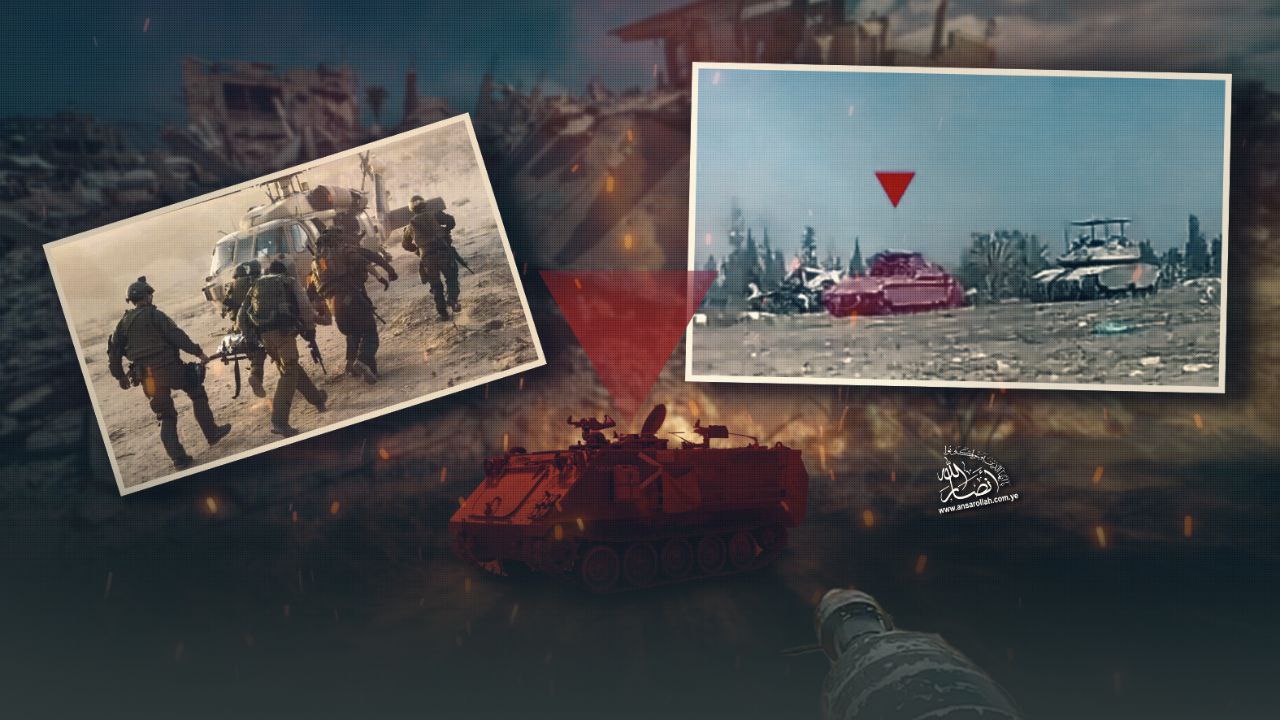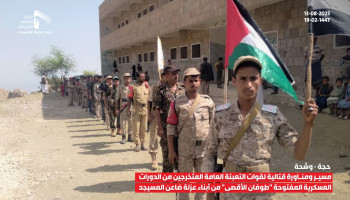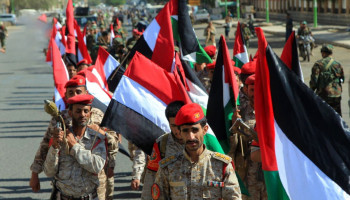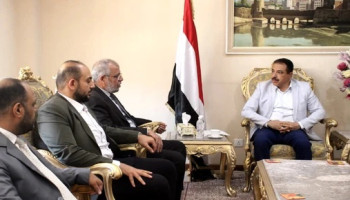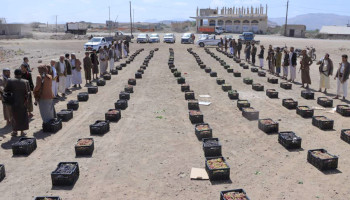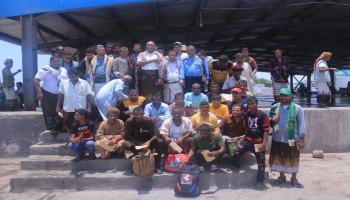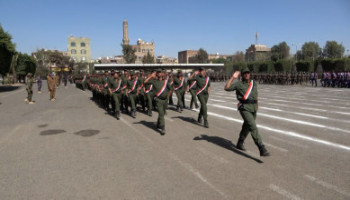The Israeli entity has failed to achieve its declared objectives in Gaza—an indisputable fact acknowledged by top-ranking officers and military officials within the occupation forces. What it continues to achieve daily is a growing list of massacres against Gaza’s civilian population in one of the most brutal atrocities in modern human warfare. Yet there is another side of this war, deliberately hidden from public view, that the Zionist media does not want its settler society to see: the internal disintegration of its military and the devastating toll on its soldiers.
This hidden dimension was partially exposed by the Israeli newspaper Haaretz, in the context of its ongoing journalistic battle with Netanyahu and his inner circle.
The newspaper conducted interviews with several members of the enemy army's gang fighting unit in Gaza, revealing a hidden reality about what has become the longest war in the entity’s history. The soldiers elaborated on their psychological and physical conditions, speaking of severe mental and physical exhaustion, a collapse in morale, and growing doubts about the war’s purpose and the feasibility of its elusive objectives.
Below are key excerpts from the full interviews with the soldiers and officers who agreed to speak to the newspaper on the condition that their real identities remain concealed. The newspaper assigned each of them a pseudonym.
Yonatan (21) – Kfir Brigade
After graduating from high school, we were immediately sent to Gaza. We were unprepared for what we will face. One day, while stationed near a house in Jabalia camp, a pack of dogs approached, barking incessantly. The deputy commander grew furious and shot them one by one, saying: "These are terrorist dogs"—probably rabid. The next day, we were ordered to clear the house. As I entered, a powerful explosion threw me into the air. I felt blood in my mouth—thinking I had been injured—only to discover it belonged to my best friend, who died instantly. I couldn’t eat or sleep afterward. On another night, I was assigned to guard the equipment at 2 a.m. I felt short of breath and rushed to wash my face. When the officer found out, he ordered a disciplinary trial—I was sentenced to 28 days in confinement.
"I honestly don’t know how we’re surviving this hell,"
Omer (21) – Givati Brigade
“It’s hard to believe this war has only lasted 20 months—it feels like ten years
After October 7, 2023, we were eager to enter Gaza. But that excitement was naive and foolish. I’ve lost count of how many people I know who were killed—comrades from my battalion, brigade, school, and neighborhood. I can’t take hearing about another death; it breaks me. People think soldiers die in combat, but many die from officer negligence or lack of ammunition.
The media says ‘a soldier died from an explosive,’ but no one asks: "Why were we sent into a booby-trapped building without clearing it?"
How many more of my friends must I bury before people wake up
Yair (21) – Nahal Reconnaissance Unit
Yair is telling a story of an ambush in Bait Lahia
We were ten soldiers sleeping at 2 a.m. in Beit Lahia. Suddenly, I woke up terrified and alerted the officer who snapped and started screaming at everyone like a madman.
This wasn’t the first time that such a thing happens. Any soldier who’s been to Gaza knows the routine: No daytime rest with night missions—we do break down. It is difficult for us to admit that. My behavior has changed, even with my family and my girlfriend. On a short vacation, I yelled at her for no reason. My hair is falling out from the stress, and this is devastating me.
One of our teams was wiped out. I’m still alive—but not because I dodged a rocket or bomb
Ori (22) – Yahalom Combat Engineering Unit
At some point, I stopped believing in what we were doing. I was thinking that we were writing history, protecting Israeli civilians, rescuing hostages but little by little, and after we hear about the killing of a hostages in an airstrike or after attending a funeral of a friend that belief faded.
Why does this war continue? Anyone with half a brain can see it’s political. There is no reason for it to be continued. We’re achieving but nothing. Just risking our lives, again and again. I can’t go back into the same neighborhoods for the hundredth time, inspect another tunnel shaft, enter another possibly booby-trapped building.
When will you understand that it’s time to stop this war? When there are 900 dead? A thousand? Speak up….. Protest. Don’t let this endless death to go on.
What the Media Ignores — and What It Cannot Deny
Despite testimonies like these and previous reports documenting widespread PTSD, a suicide epidemic among soldiers, and a rise in psychological disorders, the Israeli leadership, including military officials, continues to ignore the voices of soldiers. According to Hebrew media reports, the occupation army chooses which soldiers speak to embedded journalists and dictates what they’re allowed to say and the result is sanitized, pre-scripted narratives designed to boost morale and hide the reality on the ground.
Just yesterday, Israeli soldier Daniel Edri committed suicide by self-immolation inside a car near Safed, suffering from severe psychological trauma after serving in Gaza and Lebanon.
His family, quoted by Israeli media, revealed that he had transported the bodies of dead soldiers multiple times and witnessed horrific scenes. He often suffered from violent outbursts—sometimes destroying his apartment.
Since the war began, 43 soldiers have committed suicide, most suffering psychological breakdowns related to the fighting in Gaza and Lebanon, according to enemy media sources.
Meanwhile, Yedioth Ahronoth reported that the army has had to shorten service terms due to increasing fatigue and manpower shortages—an effort to stem the tide of youth avoiding enlistment. More than 62,000 soldiers have been injured or left disabled, creating an internal crisis.
The testimonies of Israeli soldiers and the accumulating facts on the ground make one thing painfully clear: The war on Gaza has become a furnace of destruction—not only for Palestinians—but also for the gang forces of the occupation army sent to subdue them.
The Israeli military is experiencing one of its weakest moments in history, burdened with a rising number of mentally ill, traumatized, and unstable soldiers that affect the daily life there, and turn these soldiers into timed bombs that may explodes and pose threat to the very fabric of Israeli society.
Even Israeli analysts and soldiers themselves are warning that what began in 1948 as a project of colonization now threats not only the Palestinians but also threats the Zionist entity from within to collapse.

